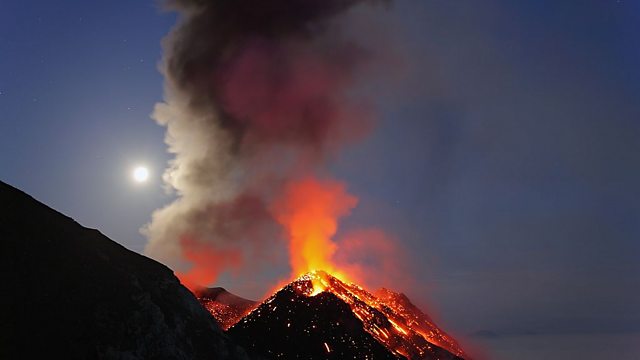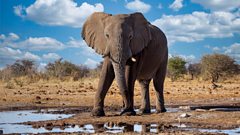How life began on a barren, desolate Earth.
What were the first, most primitive cells on Earth? A new study has provided an intriguing insight into the last universal common ancestor (LUCA) of life four billion years ago. The study - which was led by William F. Martin of Heinrich Heine University in DΓΌsseldorf, Germany and was published in Nature Microbiology - looked at key metabolic features of the organism from which all present day life evolved, and the type of hostile, volcanic environment in which it likely lived. Professor James McInerney is an expert in the field and wrote an accompanying article to the research in Nature Microbiology.
(Pic: A typical eruption from a summit vent of Mt. Stromboli on Stomboli Island, Italy. Credit: Getty Images)
Duration:
This clip is from
Featured in...
![]()
Newsday's Science Files
Stories from the world of science that have made the headlines
More clips from Newsday
-
![]()
Hurricane Milton: The residents deciding to stay, or evacuate
Duration: 02:59
-
![]()
Mpox spreading rapidly in Burundi
Duration: 03:21
-
![]()
Namibia plans to cull more than 700 wild animals
Duration: 03:43
-
![]()
Ten million vaccines doses to combat mpox outbreak
Duration: 03:28







